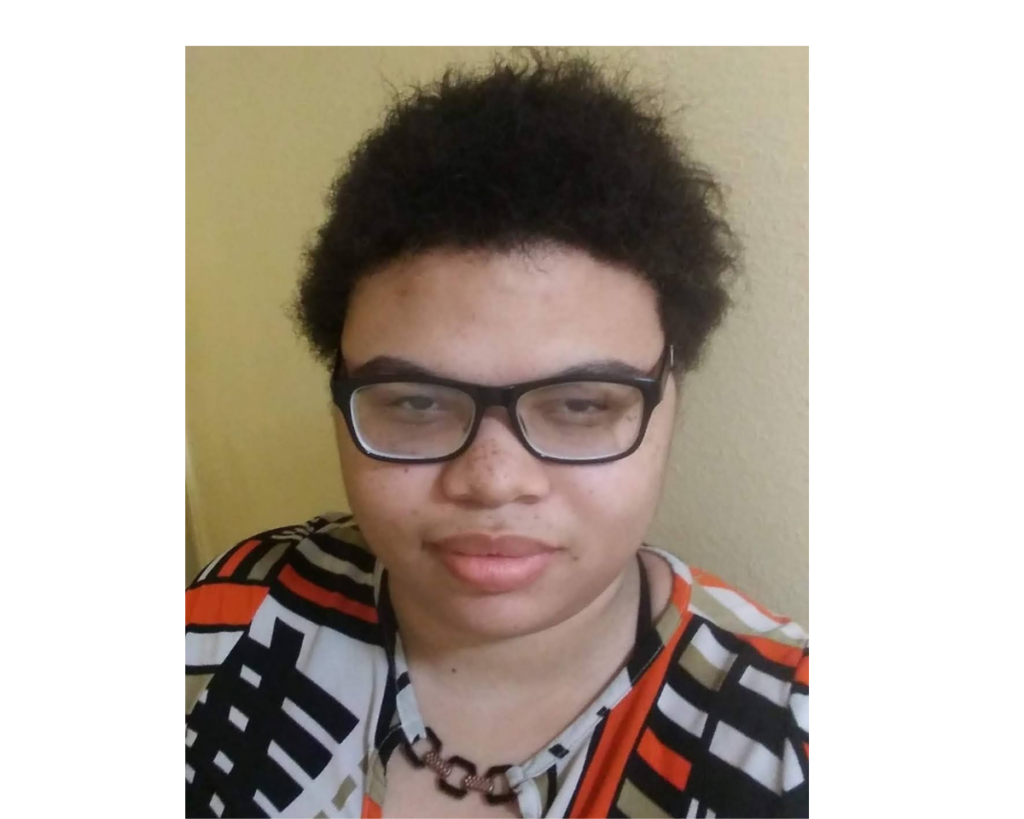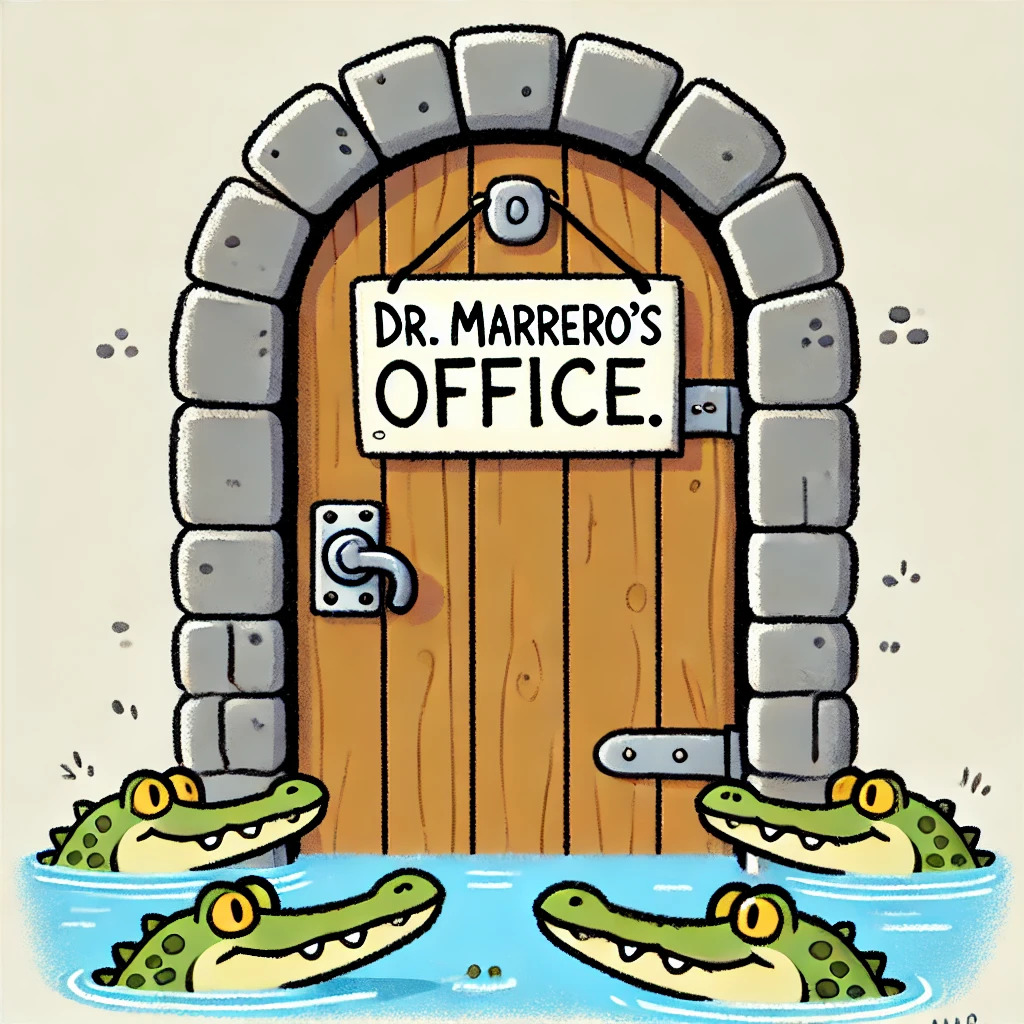Editor’s note: This article was written for Boardhawk by Zaria Dempsey, a 20-year-old Denver Public School alumni who grew up and still lives in Southwest Denver. She currently attends Emily Griffith Technical College in the Pharmacy Tech program. Her career as a youth leader began in high school, when she joined two local, student-led groups – Our Turn and Colorado Youth Congress. She is a Colorado Organizing Fellow with Our Turn working to ensure education leaders and elected officials are partnering with students and taking action to better educational experiences.
This Mental Health Awareness Month we must listen to the stories of young people in Colorado, who, in significant numbers, have been facing a mental health crisis.
We must heed their calls to action and partner with them to change the landscape of mental health support in our schools and communities.
I know the need for this firsthand because I went through my own mental health struggles in high school.
My name is Zaria Dempsey. I am 20 years old and went through Denver Public Schools as a disabled, Black, queer, and low-income student for my entire education.
I’ve dealt with mental health issues my entire life – I self-identify as “depresso – espresso” — and an anxious nerd. I am guarded, and have trouble communicating, especially when it comes to my feelings. Plus, life just feels overwhelming a lot of the time. I mean, honestly, can’t we all agree on that?
In elementary and middle school, I was able to manage my needs, but when I got to high school my mental health needs became more concentrated and harder to cope with. Eventually, I fell behind in my schoolwork, became more isolated, and I felt completely disconnected from everything.
One of the hardest parts was feeling like many adults were completely blind or unsympathetic to my struggles. There wasn’t a big emphasis on youth-adult relationships, and when there was a relationship, it was often within a power dynamic that isn’t favorable to young people from marginalized communities like mine.
Teachers labeled me as “cold” and “disinterested” rather than asking if I was okay. And on the rare occasion that they did ask, when I shared my experience, I was often dismissed as being dramatic or I was told I was “too young” to be so upset.
This is why I believe all our teachers and school support staff should go through trauma-informed training on a yearly basis. We need educators who can notice signs of struggle in students, rather than writing them off. But training is only part of the solution to this big, troublesome problem. We need more mental health staff in buildings, period.
At my high school, we had an amazing social worker, who went above and beyond to bridge the gap between me and some of my teachers. There was a group of us who got together regularly with him to talk during lunch periods and hold a space to vent and be ourselves. It was our only refuge, and I was lucky that our shared racial identity helped me to open up and trust him more easily.
But he was one social worker for hundreds of students.
Still, the group helped me realize I wasn’t the only student having experiences like these in our schools. And my junior year I got involved in student-led organizations like Colorado Youth Congress and Our Turn, where I met even more of my peers going through similar situations.
I grew up and went to school in Southwest Denver, but my peers were sharing stories like mine from every corner of the city. I realized our education systems and structures were not set up to support students the way they needed.
Seeing my peers struggling motivated me to get involved in efforts to create change, and since then I’ve had amazing opportunities to exercise my leadership and hold our leaders accountable. I have testified at school board meetings and organized at the state capitol; and I was part of a campaign that won millions of dollars for Denver Public Schools to fund more mental health staff.
But the fight is far from over, and Mental Health Awareness Month is the perfect time to take your first action. Here are some of my suggestions:
- For my peers:
- Get involved in a student-led space; the community I built made a difference for me.
- Check-in with yourself and with your friends. I know it can be difficult, but it is important to be in touch with your mental health needs.
- For education leaders and elected officials:
- Partner with youth in your districts and create space for them as leaders and decision makers in your schools and systems.
- Prioritize resources to hire diverse mental health staff in schools and to provide trauma-informed training for all education staff.
- For teachers and principals
- Check-in with students, especially when you notice they aren’t doing great. Trust them when they tell you what is happening and validate their feelings and lived experiences.




